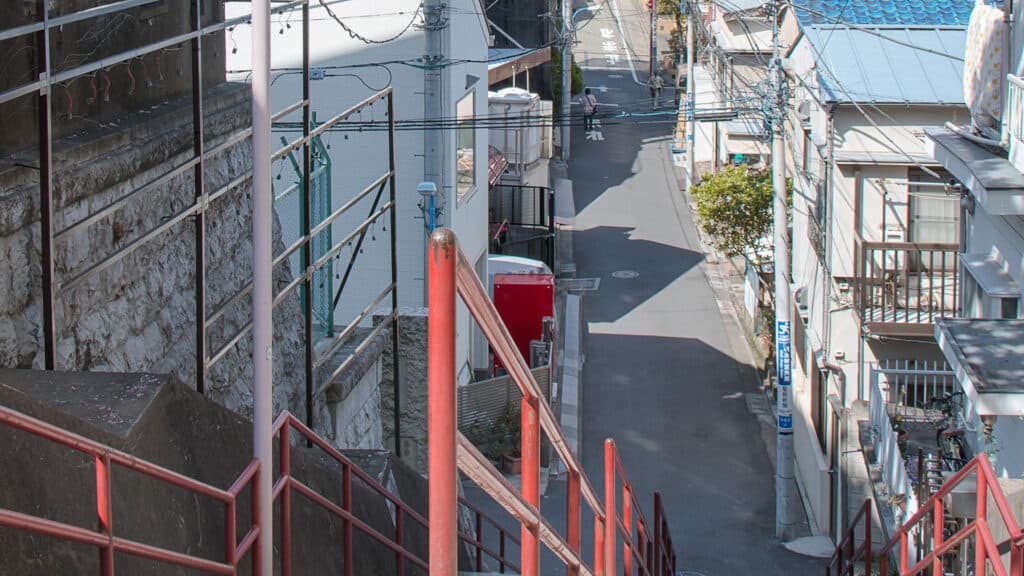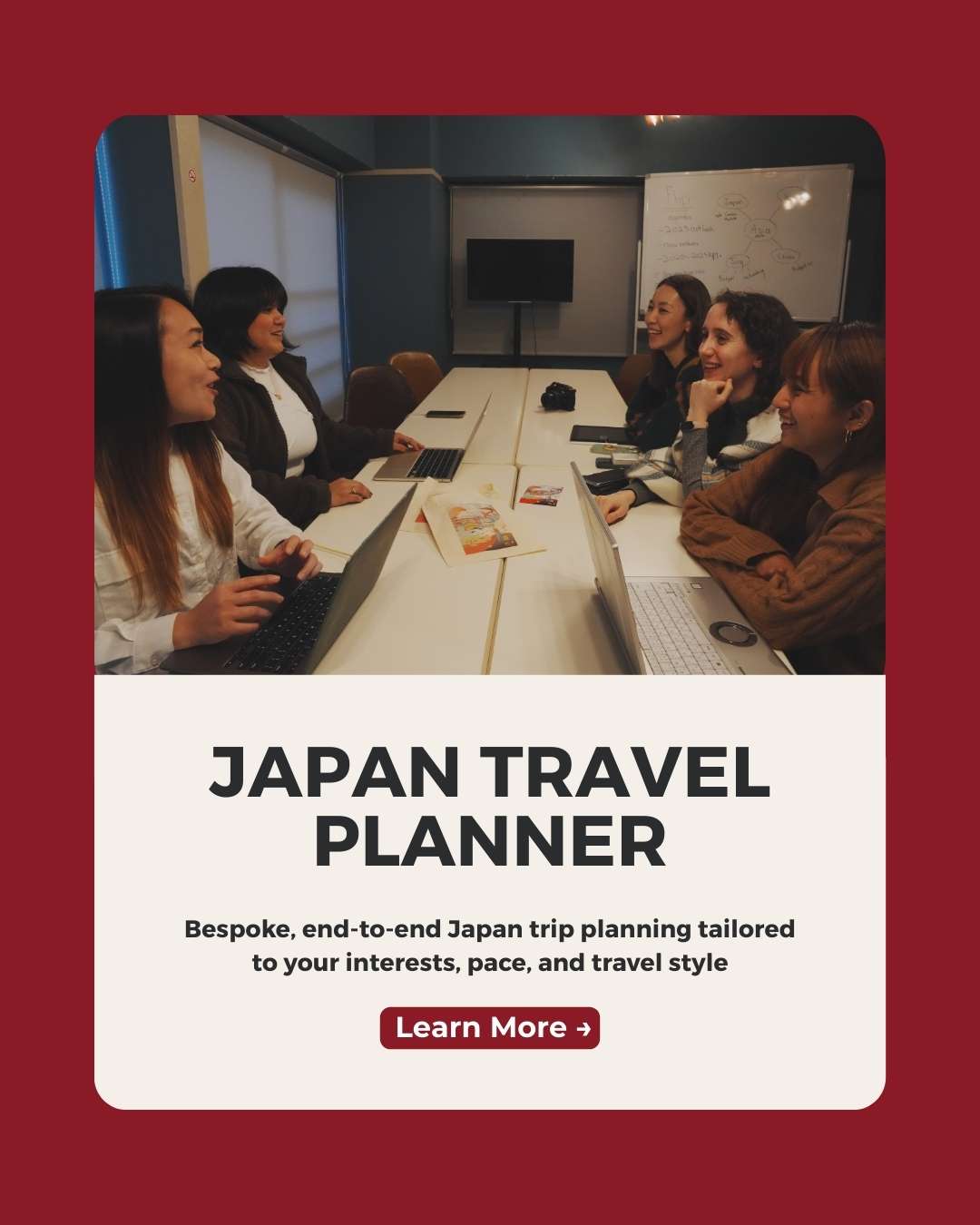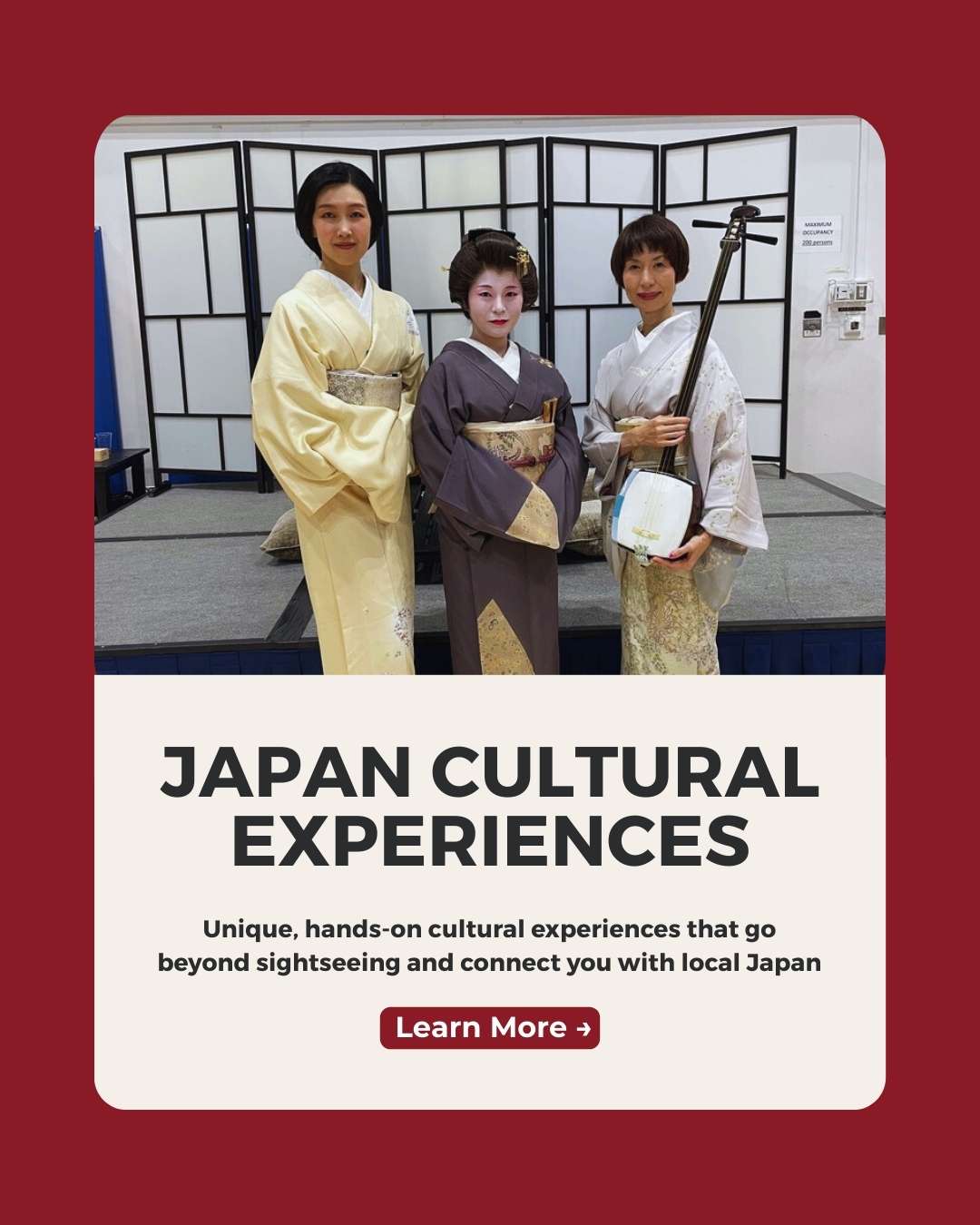Thinking about moving to Japan, getting a job and working in Japan? Thinking about teaching English but not sure if that’s the right option for you? Check out these tips and tools to help getting a job after teaching English.
Find out Stey-by-step to moving to Japan, Top 5 jobs for foreigners, Best place to live in Japan, How much does it cost to live in Japan, How difficult it is to move to Japan and Find out if you will be happy in Japan.
One of the best ways to explore Tokyo is to visit the local areas and immerse yourself in the local culture. If you want to explore local areas, we have created scavenger hunt adventures personalised to your interests, filled with fun facts, clues and puzzles. If you’re curious, you can check out the games here! Check out the Flip Japan Games here! |
Teaching in Japan
English kids camp
During my first trip to Japan, I stayed for a week to working in Japan at an English kids camp. Somewhat like a boot camp for eventually teaching English in Japan full-time, I was able to see what English education was like in Japan.
Since the camp was for elementary school children or younger, most of the teaching material were things like picture books. As if reading a book to a baby, I would point and say whatever was shown on the page, except instead of a baby it was to fifth-graders boys who definitely did not have the patience to learn a foreign language.
After trying to get them to say “pear” for about the eighth time, I learned very quickly that teaching English in Japan would get very repetitive.

As for someone like myself who didn’t really have any affinity for teaching children let alone teaching itself, I knew this isn’t what I wanted to do as my long-term career.
But then came the issue of what else could I do in Japan after moving to Japan? How can I work in Japan? Without knowing the language, the demand for someone like myself was about the same as any other English speaker out there.

Internship in Japan
Later in life, when I was around 17 years old, I decided to participate in an internship, working in Japan for six months, where I was sent out to the suburban city of Chiba, and was to teach at a small international school. The school only had forty-five kids at the time, and not nearly enough teachers. Thanks to this I was able to teach other subjects along with English, including Math, History and even basic Japanese to non-native students.
Sounds a little more interesting than your typical program right? Since it was an international school, there was a lot more freedom as the staff had an overseas perspective on education. The community was smaller, so I was able to get to know each and every one of the students. Despite all that, something still didn’t feel right.
Teaching was comfortable, that’s for sure. English is something I’ve used all my life, and my mindset was if I’m getting paid to be a human recorder then so be it.
It was only when I eventually got a non-teaching job in Tokyo did I realize that there is so much more to learn, and to take advantage of while being in Japan.
What It Was Like To Teach In Japan

Unless you actually enjoy teaching English, and enjoy kids, there’s no reason for you to be a teacher when it comes to working in Japan after moving here.
In fact, don’t be a teacher.
Not only will you be stifling your own personal growth, but you probably aren’t the best person to be responsible for someone’s education. For me, I realized how awful I was at teaching. I was good at English, it was my best subject. I liked kids too, the normal amount.
But I had a hard time explaining grammar points and sentence structure, and why “lead” and “lead” were two different words or why “though” had a “g” in it. For me that’s just how it was. I didn’t make the rules, and I couldn’t explain them either.
I could have become a better teacher, and no doubt I would have been if I continued, but I knew that wasn’t my passion nor my strong point.

There’s no doubt that it’s a lot easier to be an English teacher after moving to Japan. Within months you’ll have felt like you’ve mastered the job already. Especially if you’re in a contracted teaching program, it’s harder to have any sort of change in your tasks, at least for a year while your contract is still ongoing.
Teaching English can sometimes feel like it requires minimal brain power, as your main task is to provide native pronunciation. Many schools will still have Japanese teachers who run the class, and they don’t allow the foreign teachers to be in charge of the curriculum. It can almost feel like a waste of your capabilities.
I know it felt like that for me, and although I didn’t hate my job, I didn’t quite love it either. I knew that I wouldn’t be able to grow in this kind of profession, and made up my mind to find a different kind of job if I was to come back to Japan.
Those who work in Japan at eikawa (English language school) are allowed to teach a range of students, and private home tutors can at least have a different environment each time they go to work. But for you, who managed to get that visa and come to Japan, you now feel stuck, and it’s time to step out of your comfort zone.
Looking for a job in Japan

There are so many ways to get a job in Japan even with limited experience. It might not be the ideal one, but it hardly ever is at first.
How to look for a job in Japan?
When it comes to moving to Japan and looking for a job, use websites like Indeed, Craigslist, and LinkedIn to find companies who value your skills and are looking for someone like you. Many listings offer entry-level positions and employers expect new hires to have minimal experience.
Check everyday for new postings, and send your resume out like crazy. If you can, go to job fairs, and make sure you are actively looking to be hired.
However, most jobs will prefer you to know some Japanese.
Of course, learning Japanese is one of the most important things if you want to get a job that’s not teaching English in Japan. Especially if you want a higher paying job, it’s much easier if you at least know basic Japanese. I highly recommend learning the language as soon as possible, and not getting too comfy knowing that you can get around in English.
This is perhaps one of the biggest hurdles for someone just coming to Japan.
If you live in Tokyo, you’ll find most stores provide English menus and that a decent amount of people at least know the basics. There’s also an abundant number of foreigners who come to the major city, so it shouldn’t be too hard to find a group of friends without having to speak Japanese.
Because Japanese is so hard for foreigners, your worth goes up that much more if you’re able to speak it well.
Many companies are looking to hire capable employees who are bilingual in their mother tongue as well as Japanese, and it just takes a little effort in looking before you finally find one.
What It’s Like Getting A Job In a Non-Teaching Job?

When I got my job at an international consulting company, they told me during the interview that my major didn’t matter. They were looking for persevering candidates who wouldn’t give up, even if they didn’t have the appropriate experience.
During my interview I had to do a case study, where I was presented with three scenarios regarding the kinds of tasks that I would potentially have. I had to read all three scenarios and summarize their contents as well as answer any questions that they gave me, all within five minutes. To say I was internally freaking out would be an understatement.
I was a former teacher, not a businesswoman. I was used to spending forty-five minute periods teaching English to first graders, not five minutes to read, process and articulate opinions on unfamiliar topics. Needless to say, it was pretty obvious I was bullshitting my way through the entire thing.
My two interviewers pounded me with questions as they tried to coax the right answer out of me even though I wasn’t sure I could come up with one.
After fifteen minutes of what seemed like the worst interview of my life, the two went outside to discuss if they were going to give me an offer. I was almost 99% sure I wouldn’t get the job, and all I wanted was to get out of there and try to hide my embarrassment at what I thought was a failed interview.
Surprisingly, they told me I got the job and that they would cover my flight to Japan. It wasn’t because of my experience, or my Japanese skills, but because of my personality, and how I reacted to their feedback during the case study. I was stunned. But I also finally did it! I somehow got a job in Japan that wasn’t teaching.
My point being with all this is that getting a job in Japan is like getting a job anywhere else. People don’t evaluate solely on your work history or your college GPA, they care about you as a person and how you can contribute to their company.

Don’t sell yourself short thinking teaching English is the only thing you can do as a foreigner after moving to Japan. Even in positions, you may think you’re not qualified for, you can find a challenge and choose whether to face it or not.
Finding your career path in life is the same wherever you go. Being a foreigner shouldn’t be the thing stopping you from what you want to do. Japan is a place with so much opportunity, adventure, and challenge. It requires trial and error and exploring to find what you truly want to do. For all I know, you could start your teaching job and realize that you actually love it. But I wouldn’t know. Only you would, and only you have the power to control that.
Want to find out more about Japan? check out Corporate Life in Japan: The Everyday Grind of Working in Japan.
Stay tuned for more information about Japan travel, Japanese culture, moving to Japan, living in Japan, Japanese language and more.











